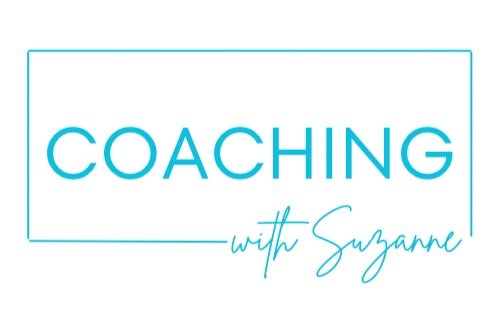How to Stop Ignoring Red Flags
You know that uneasy feeling — the subtle tension in your chest, knots in your stomach or that feeling of dread?
But instead of listening to your gut, you second-guess yourself.
“Maybe I’m overreacting.”
“I don’t want to make a big deal out of nothing.”
“It’s probably nothing.”Sound familiar?
If you’re a recovering people-pleaser, ignoring red flags might feel safer than risking conflict, rejection, or being labeled as “too sensitive.” But over time, this pattern leads to burnout, boundary violations, and deep self-doubt.
Let’s change that.
Why We Miss or Ignore Red Flags
When your focus has been on keeping the peace and meeting other people’s needs, your inner “alarm” can get muted. Here’s why:
You’ve been conditioned to believe you are overracting.
You fear being disliked or rejected.
You may have been praised for being “easygoing.”
You confuse kindness with tolerating discomfort.
What Red Flags Actually Feel Like
Red flags aren’t always loud or obvious. Often, they show up as:
A sense of unease or anxiety when interacting with someone
Feeling guilty for questioning someone’s behavior
Confusion about why something is making you uncomfortable
Questioning your own judgement or reality
Feeling like someone is not respecting your boundaries
Feeling like something is “off.”
How to Start Listening to Red Flags
The goal isn’t to assume the worst about people — it’s to trust yourself more.
Here's how to practice:
Pause before explaining away your discomfort.
Ask: What if my feelings are valid?Track patterns, not isolated incidents.
One off comment? Maybe. A pattern of dismissal or pressure? Pay attention.Listen to your body.
Do you feel tight, nervous, or unsure around someone? Your nervous system often picks up danger before your brain does.Ask supportive questions.
Do I feel safe expressing my truth here?
Have I made excuses for this behavior before?
Would I want someone I love to tolerate this?
You’re Allowed to Trust Yourself
Trusting your gut doesn’t make you rude unkind. It makes you safe.
Red flags aren’t about judging others — they’re about protecting your peace and honoring your values.
You’re allowed to slow down, ask questions, say no, or walk away — even if it’s uncomfortable.
That’s not overreacting. That’s you learning to trust yourself.
🚦 Curious if you’ve been ignoring red flags or confusing people-pleasing with kindness?
I help clients build confidence, set healthy boundaries, and stop second-guessing themselves.
👉 Click here to learn more about coaching.

